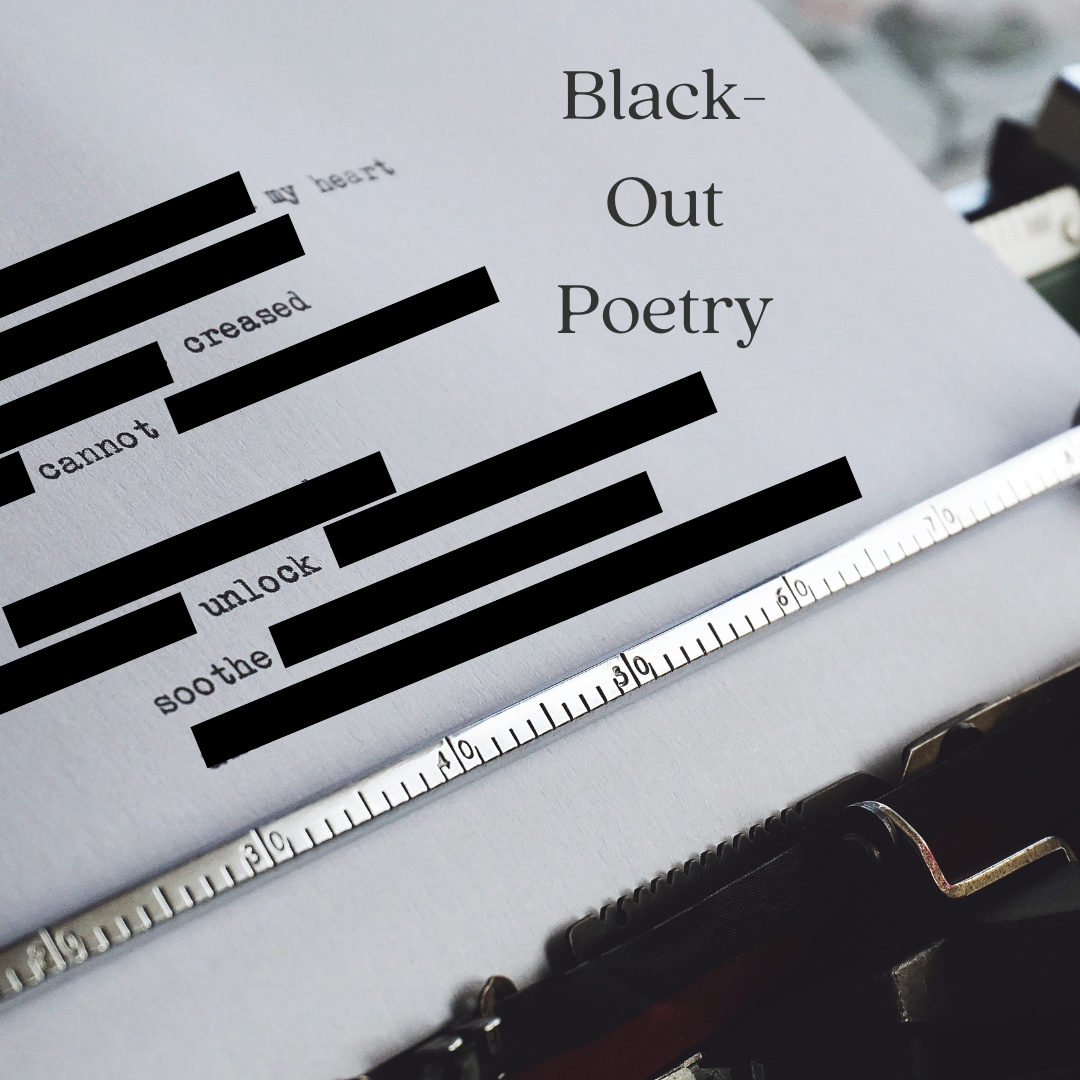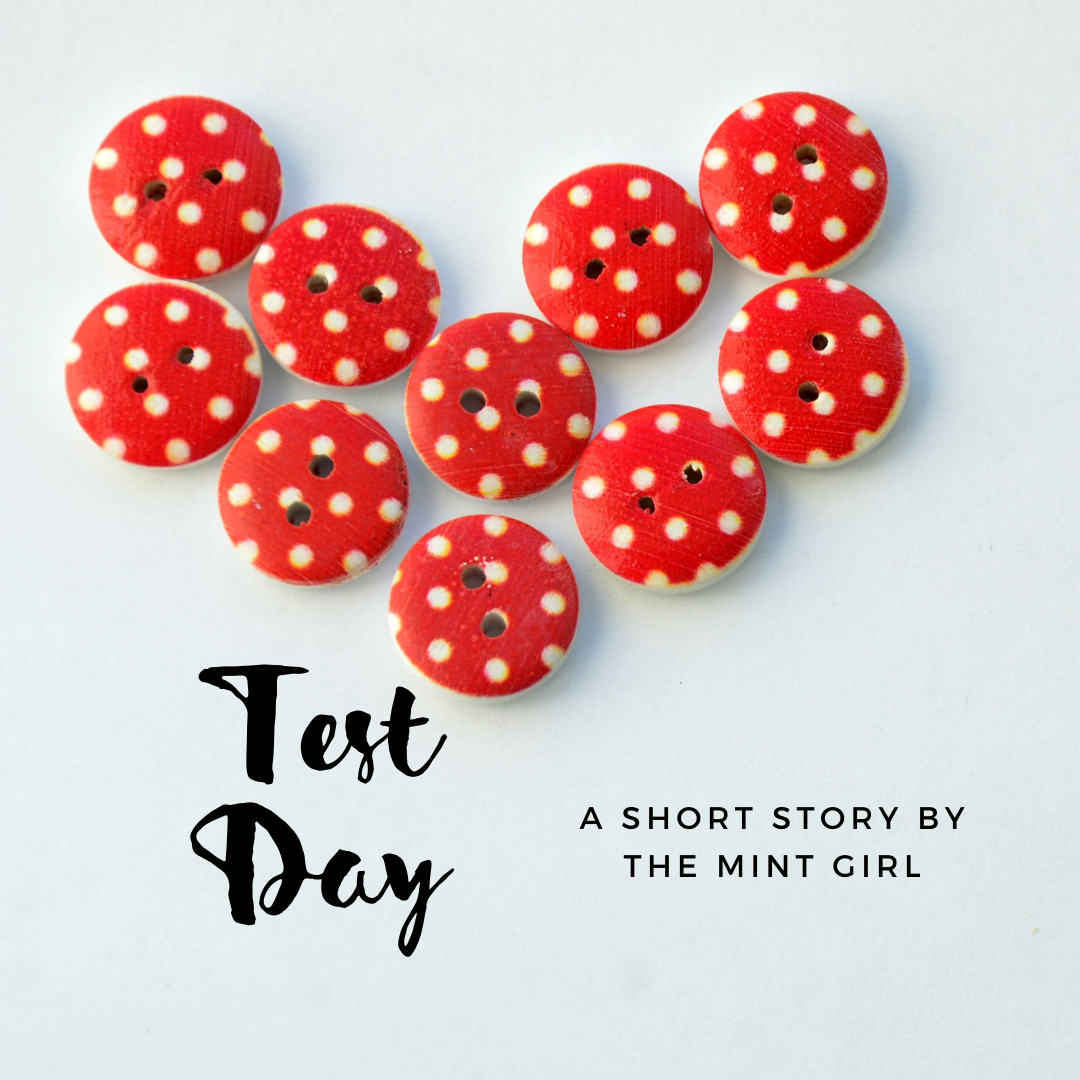In English class, we had to write a short story with the prompt I was digging through all the junk in the attic when I found a button that…. I hope you like my story!
On October 8th, the day of my biggest test, I was trying not to panic. I was frantically digging through all the junk in the attic, searching for a button, occasionally pushing my tangled brown hair out of my face, my emerald eyes scanning the old, worn-down boxes relentlessly. An orange, pulsing glow filled the attic as I staggered backwards, throwing my tanned hands up over my eyes. As soon as the glow had faded, I wandered over to where it had come from, my curiosity getting the better of me.
Inside an old and faded purple silk bag was a bright orange button that whirred when I touched it.
“Yes! A button, at last!” I ran my blistered fingers over the plastic surface, deeming it perfect. I ran downstairs, slipping the button into my messenger bag as I did so.
“Late again, Ari?” Mom’s voice was sharp and disapproving. I almost showed her the button, but what was the point? She wouldn’t understand, she never did.
“Sorry Mom,” I looked down at the floor, hoping she wouldn’t drag it out.
“Let’s go,” her tone was brisk and unforgiving, her high heels clicking acroos the floor to the car.
She didn’t speak to me as we drove to school, letting me out of the car quickly. No one greeted me when I walked in, their eyes glued to the front of the classroom in anticipation. I took a deep breath, laying the button on my desk as I found myself adopting the same posture as my classmates.
Today was Test Day, the day that would determine your success or failure in the world. Out teacher, Ms. Zarrah, would call us up to perform out craft, granting us with either a pass or a fail. I worked with buttons, magicking them to my will. Glancing at everyone’s desks, I saw an array of objects, none of them as interesting as mine.
Suddenly, the small, nervous side chatter that had been collecting came to a halt as someone entered the room.
“Greetings, students,” Ms. Zarrah’s warm auburn eyes twinkled as she surveyed our class, “We’ll get started now,” Every second felt like an hour as my friends were all called up. Most people passed, blatantly showing their relief. I shifted at my desk impatiently, my hands itching to do something.
“Rancock, Arianna. Please come up with your object of choice,” I stood up, clutching the button tightly. I was slightly shaking and my heart was pounding, though I tried not to show it.
“Will you need anything?” Ms. Zarrah’s comforting voice put me at ease.
“Yes please, some fabric,” I asked politely. She beamed, handing a piece to me.
“Let me see your object now….” she gasped as she examined my button, then turned and announced to the class, “No magic items are to be used. Disqualified,”
Everyone let out gasps as I trudged to the back of the class, tears stinging my eyes. I couldn’t concentrate for the rest of class and it took all my willpower not to run away as soon as the bell rang. The only thing that stopped me was Ms. Zarrah.
“Ari, come back here please,” I gathered up my courage and walked back to her desk.
“Yes Ms. Zarrah?” I said sweetly, awaiting her lecture. She sighed.
“Your mother had predicted that something like this would happen, and so she asked me to give you a do-over,” I let out a small gasp, daring to hope, “There’s just one problem,” my shoulders slumped again and I looked away, “Your mother wanted you to do cooking,”
This “cooking vs. button” thing that my mom had created was the exact reason I couldn’t show her the button. She had always wanted me to have a craft in cooking, never seeming to understand what a dead skill it was.
“I can’t give you many hints, but think Ari. Why can’t you cook on a button?” My eyes widened as I understood what Ms. Zarrah was trying to say. She gently pressed an ordinary pale blue button into my hand and closed my fingers around it.
The next few hours were a blur as I baked my way through 3 desserts on the button which I had enchanted to do the work. Mom had taught me the recipes over the course of several exhausting days. Ms. Zarrah hummed with delight as she tasted my decadent brownies, perfectly balanced cupcakes, and my fresh and fruity apple cake.
“These are delicious! You passed with flying colors, Ari, great job,”
I beamed. I had found a way to make everyone happy in a style that was uniquely me. I had finally done a good job and done it well.













